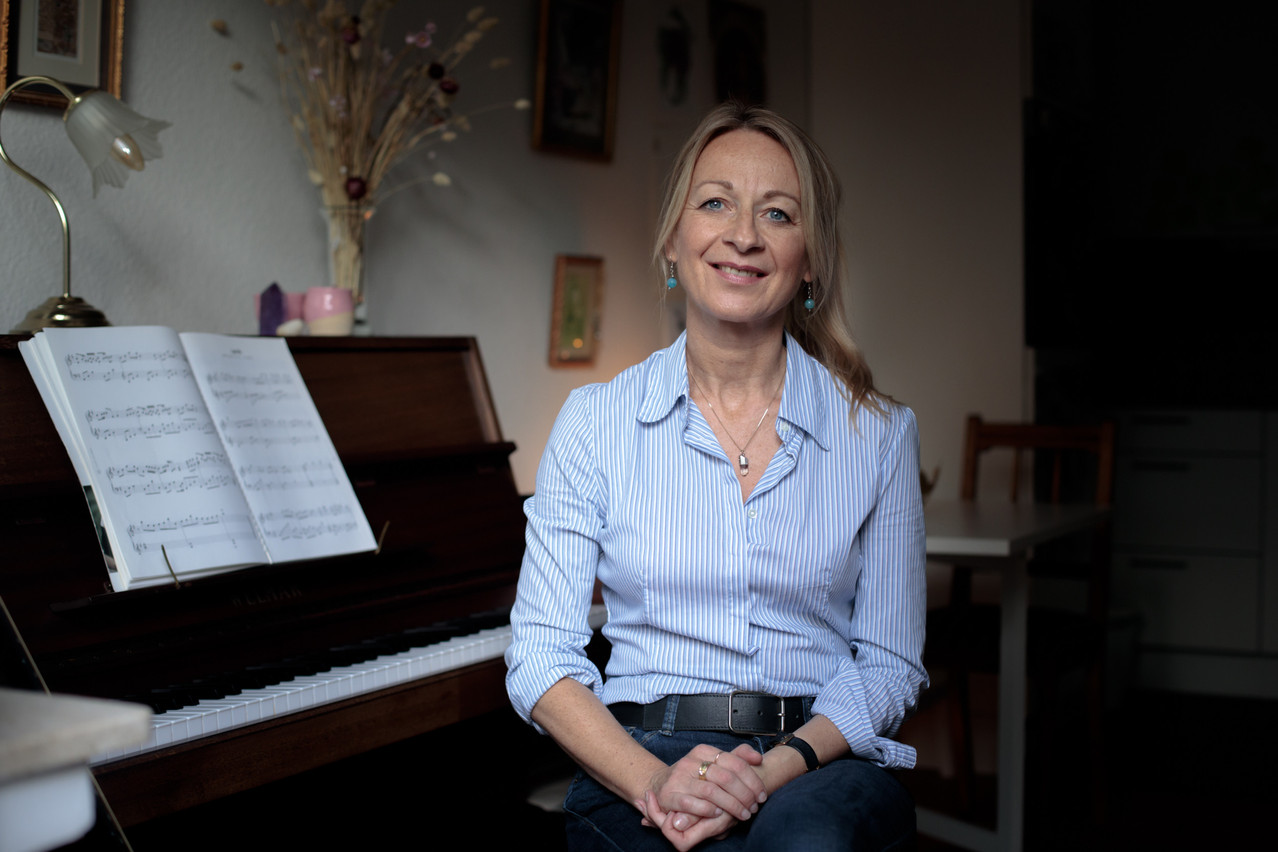“10 Keys to Happier Living” was launched in the grand duchy this February by UK-trained psychologist and psychotherapist Denise Clarke. These community groups, which are an initiative of Action for happiness, a UK based charity with the Dalai Lama as its patron, already exist in different parts of the world. Action for Happiness is made up of “people committed to building a happier and more caring society,” as indicated on its website.
The initiative, which is based on a review of scientific research relating to psychological and mental well-being, encapsulates the keys to happier living in its underlying framework. These keys include 10 activities involving interactions with the outside world, and personal attitudes towards life, based on the “Great Dream”, an acronym that signifies giving, relating, exercise, awareness, trying out, direction, resilience, emotions, acceptance, and meaning.
The sessions which are held on a monthly basis last for about 90 minutes, where participants check in with each other, discuss the monthly theme – the current theme is tagged self-care September--and set personal actions to take forward. The group prides itself as a safe space for meeting like-minded people in the grand duchy, learning more about living a happy and meaningful life and finding actions you can take to support yourself and others.
The groups facilitator in the grand duchy, Denise Clarke, tells Delano about her motivations for starting the movement in Luxembourg.
Can you tell us a little bit about yourself?
I'm a UK-trained psychologist and psychotherapist.
What's the main idea behind setting up this movement in Luxembourg?
The motivation for me is that, from my own research, I know how important community and building connections are with regards to good mental health. The main reason is to encourage that and to provide a platform here in Luxembourg, for people to be able to connect with like minds that want to talk about making positive changes, both in their lives, and also in the community as well. Action for Happiness has no commercial, political or religious affiliations.
Why did you decide to become a facilitator?
I went through a personal challenge that continued through the pandemic, where I was completely reliant on the people around me and on the kindness and love of the community that I had built in Luxembourg since I came eight years ago. It made me realise how important community and friendships are. Some people don't even realise how important it is until you get to a point in life when you need it. I couldn't have gone through that period without the love and support of my immediate tribe here in Luxembourg. And so, I wanted to also initiate something to help people realise the importance of community connection, and friendships, and at the same time offer a space upon which they can be built. One of the main reasons I'm doing this is to give back from what I was given and this is my way of doing so in the capacity that I can at the moment.
Besides online meet-ups, are there other activities?
In terms of activities, everything is completely centralised. People have to sign up through the Action for Happiness’ and will receive all the zoom details following that. [From the organisations angle] we have a volunteer meeting every two weeks, where we get together with different volunteers and facilitators all over the world and we share our experiences, and we help each other. It's a nice space for facilitators to feel supported.
We haven't been able to organise face-to-face meetings because of the lockdown, and with the summer holidays, people were away. But in the future, I would also like to organise other activities and also open a happy café [editor’s note: an Action for Happiness network held in a friendly and welcoming place to meet other people with a shared interest in promoting happiness and well-being] where people know they can come, maybe on a certain day or a certain time, to talk about the kinds of things we talk about on the zoom meetings.
Mental health has become quite topical especially with the pandemic ….what’s your take on this in the context of Luxembourg?
In general, people have to go private and pay from pocket when they see a psychologist. I think this should be subsidised by the CNS. People shouldn't be paying out of their own pockets to go and see psychologists, especially with Covid, which has compounded any existing mental health issues in existence.
In terms of membership, is there an age limit?
No, it's open to anybody. And regarding languages, it is [generally] done in different languages, and for a start [in Luxembourg] it is going to be in English. My idea is for this to actually grow and spread. And with other volunteers like me in Luxembourg, we can take on more languages for the different communities that exist here in Luxembourg.
What are the ground rules?
As people do share quite intimate things, we place a lot of emphasis on confidentiality. We're positive, empathetic, inclusive, humble, respectful, and we nurture trust. We try to create a positive space, where we can also show our empathy towards one another.
to register for the next session in October.
